International Affairs Progressive Era
0.0(0)
0.0(0)
Card Sorting
1/31
Earn XP
Description and Tags
Study Analytics
Name | Mastery | Learn | Test | Matching | Spaced |
|---|
No study sessions yet.
32 Terms
1
New cards
Electron of 1896
On November 3rd, 1896, William McKinley won against the Democratic candidate William Jennings Bryan. It was an election rigged by the big titans of business.
2
New cards
Progressive Era
Widespread social activism on many things like women suffrage to better working conditions/pay. (Late 1890's - late 1910's)
3
New cards
Progressives
Believing something could happen through political actions for human societies to improve overtime.
4
New cards
Muckraker
Exposing the "muck" of society, wanted to expose the corruption and wrongdoing
5
New cards
Scientific Management/Gospel of Efficiency
Work managed by scientific methods, like using a stopwatch to measure a worker's movent in a task
6
New cards
Social Darwinism
Belived is “Survival to the fittest”
7
New cards
Socialism
A political and economic theory of social organization which advocates that the means of production, distribution, and exchange should be owned or regulated by the community as a whole.
8
New cards
Meat inspection Act
Gave federal officials the right to inspect meat
9
New cards
Pure food and drug act
Prohibited the sale of impure drugs, foods, and liquors
10
New cards
Hepburn Act
Government placed price controls on Railroads
11
New cards
Initiatives
The people have the right to initiate laws.
12
New cards
Referendums
Gives the people the right to say yes or no to a law
13
New cards
Recall
To remove local politicians
14
New cards
16th Amendment
Passed in 1913, gave the federal government the power to collect income tax
15
New cards
17th Amendment
Passed in 1917, required that U.S. Senators be elected directly by the people
16
New cards
19th Amendment
Passed in 1920, gave women the right to vote
17
New cards
Sherman Antitrust Act
Authorized the federal government to institute proceedings against trusts in order to dissolve them.
18
New cards
Clayton Antitrust Act
Prevented unfair methods of competition.
19
New cards
Interstate Commerce Commission
Passed in 1887, it let the Interstate Commerce Commission oversee the conduct of the railroad industry
20
New cards
Federal Reserve Act
Passed in 1913, established the Federal Reserve System as the central bank of the United States
21
New cards
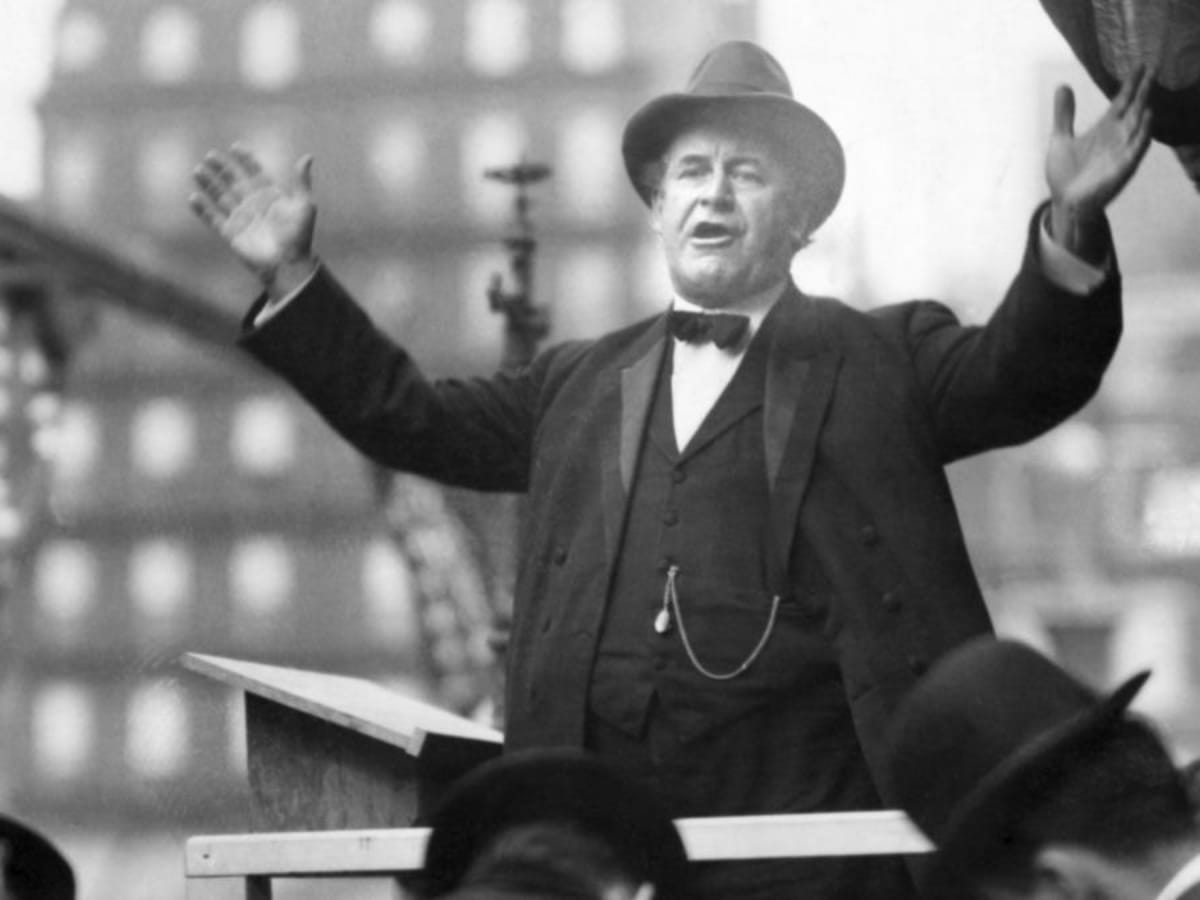
William Jennings Bryan
Was a democrat, believed is equality for all. He wanted to be supported by the people who were poor and down on their luck. He spoke to people by train, using it to go state by state to do speeches (South Midwest)
22
New cards
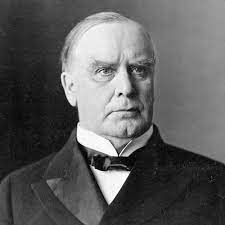
William McKinley
He was the 25th president, was bought by the three big titans, used fear tactics, got support from N.E, and was paid to run the campaign.
23
New cards
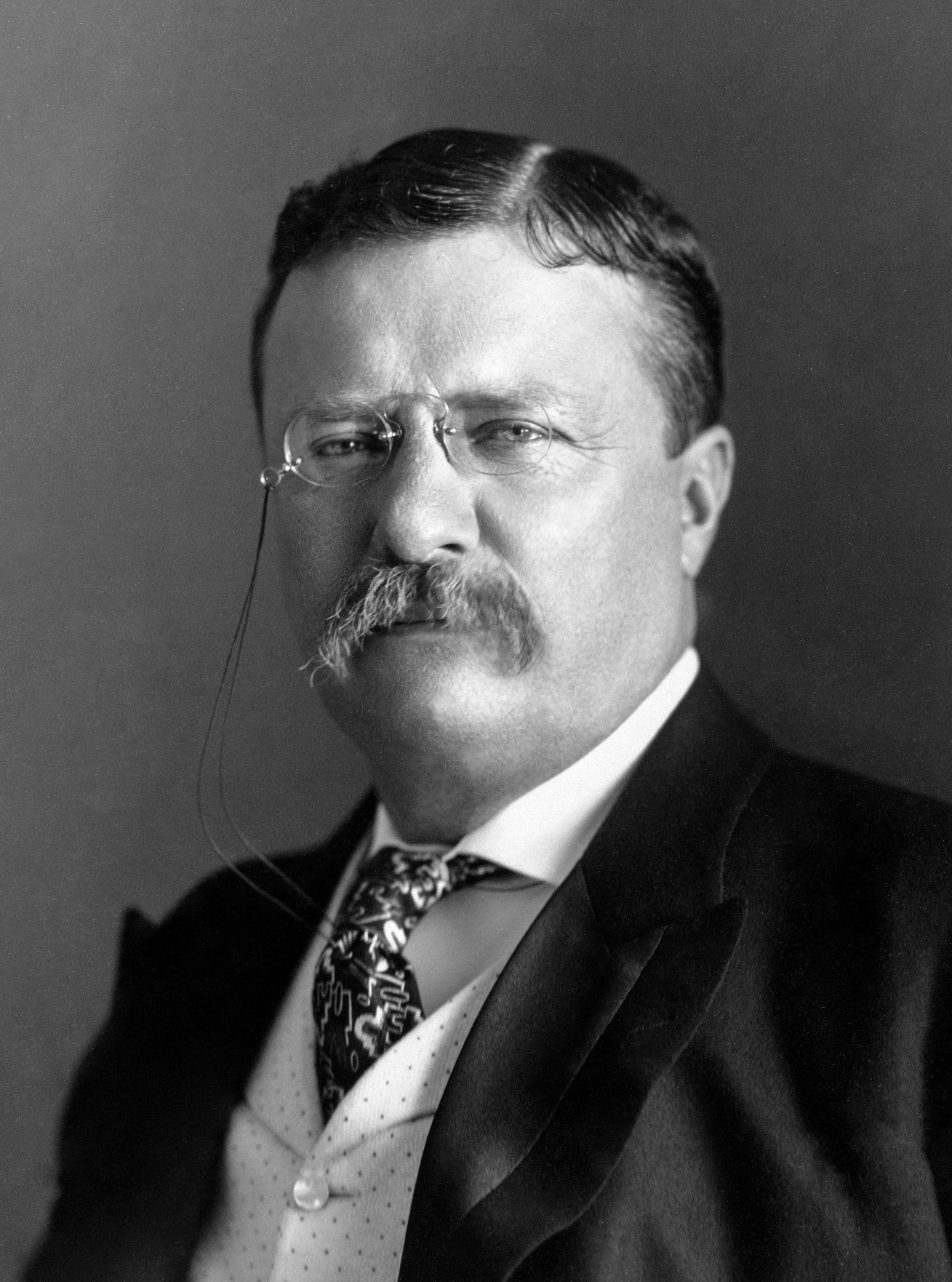
Theodore Roosevelt
Was vice president to McKinley, had become president when McKinley was assassinated
24
New cards
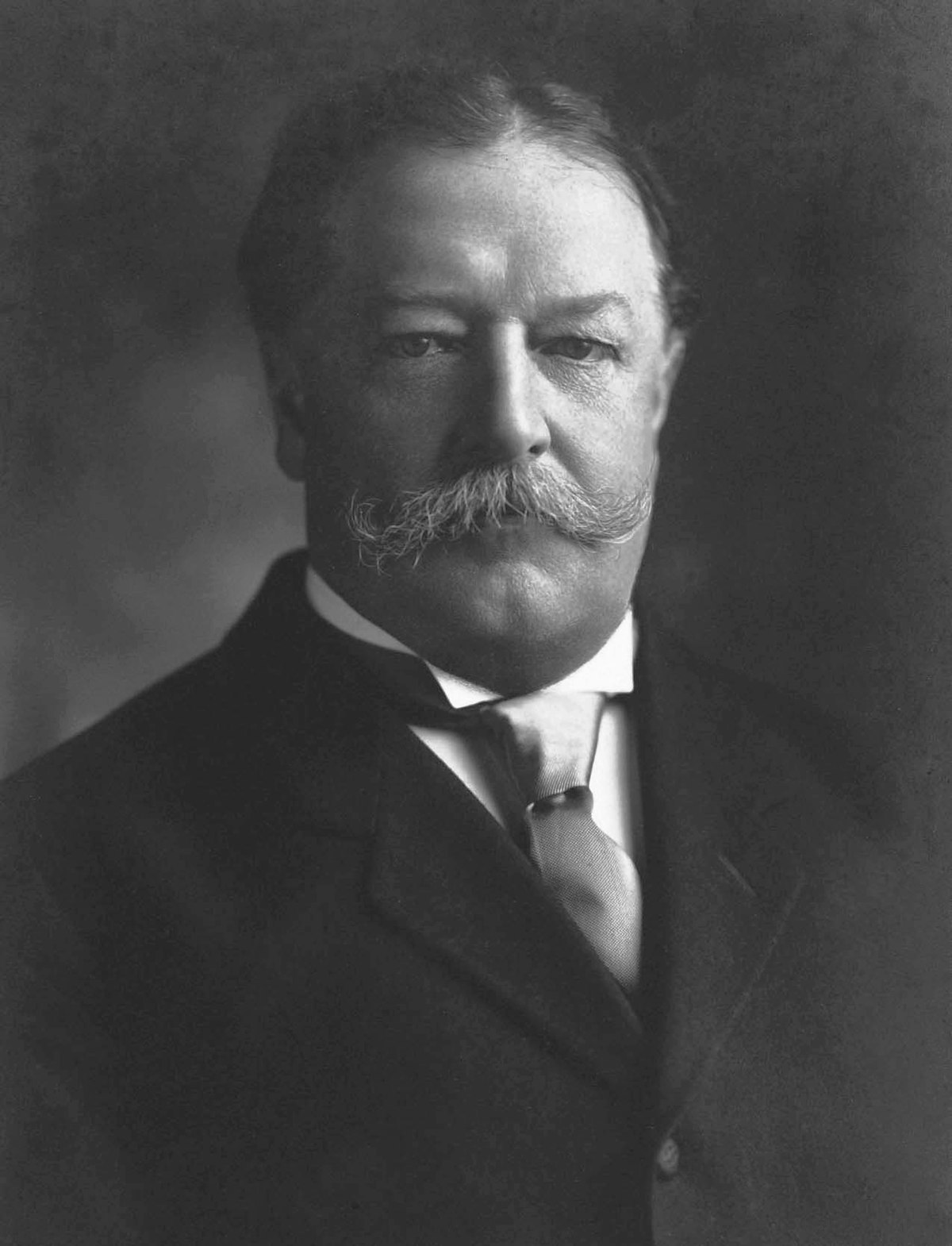
Howard Taft
Was Roosevelt's handpick successor
25
New cards
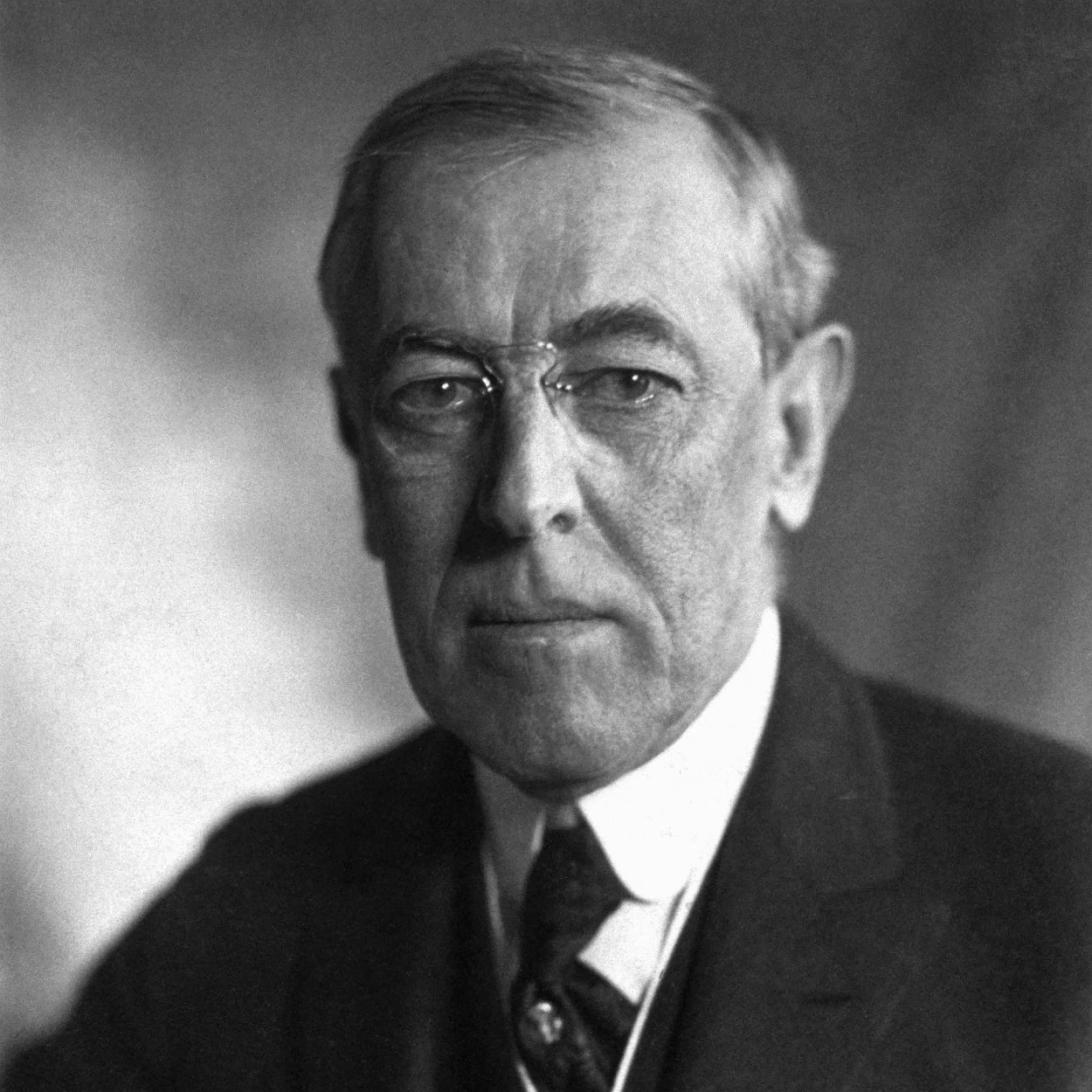
Woodrow Wilson
Was a democrat, leader of the progressive movement
26
New cards
Why did many people start to question the validity of Social Darwinism and Laissez faire economics during the 1890s?
Many people started to take note that Social Darwinism And Laissez-faire economics may be the reason why they are poor or lower-class citizens. It kept the wealth from them and made sure that they did not get rich and into power, like how the big titans were.
27
New cards
What were some common convictions among Progressive Era thinkers? How did they differ?
Some common convictions were women's suffrage, better working conditions, or pay for the worker, They differ as some focused more on child labor than getting a better work environment for all the workers.
28
New cards
How did the Nation respond to the Progressives?
Many people within the Nation responded to it with hope that something would come from it, many people who supported the progressives were poor and in bad working/living conditions
29
New cards
Why is Theodore Roosevelt referred to as the “first modern President”? Be able to provide some specific examples to illustrate how TR changed the Presidency.
He was seen as the "first modern president" because he expanded presidential power. He made the first press room within the whitehouse.
30
New cards
Explain TR’s personal opinion of trusts and large corporations and explain how he chose to deal with them while in office. Citing specific examples.
TR thought that trusts and big corporations were an essential part of society. he just thought that many did not get rich legally, so he chose to go after trusts that were done illegally. He went after J.P Morgan, Rockefeller, and Carnegie, the big titans of business.
31
New cards
How did Wilson win the Presidential election of 1912? What Progressive reforms did he pass while President? Despite these reforms, why were many progressives critical of his efforts?
Wilson won the presidential election with 42% of the popular vote, for that reason there were three other ballets running, the socialist ticket, the republican ticket, and the bull moose ticket. Underwood-Simmons act 1913, He passed a reform to tarrifs and used first income tax to replace funds. Clayton Anti-Trust Act, 1914 & the Federal Trade Commission (FTC)- govt oversaw business activity to prevent illegal restrictions on competition. Many progressives were critical of him because he did not pass what others were looking for, like stopping child labor, women sufferge, and credit to farmers.
32
New cards
Identify one reason why some may view the Era favorably and one reason why some may not.
There was always a but, for example, Wilson passed the Federal reserve act of 1913 in his first term, but he did not get other things done like addressing child labor.